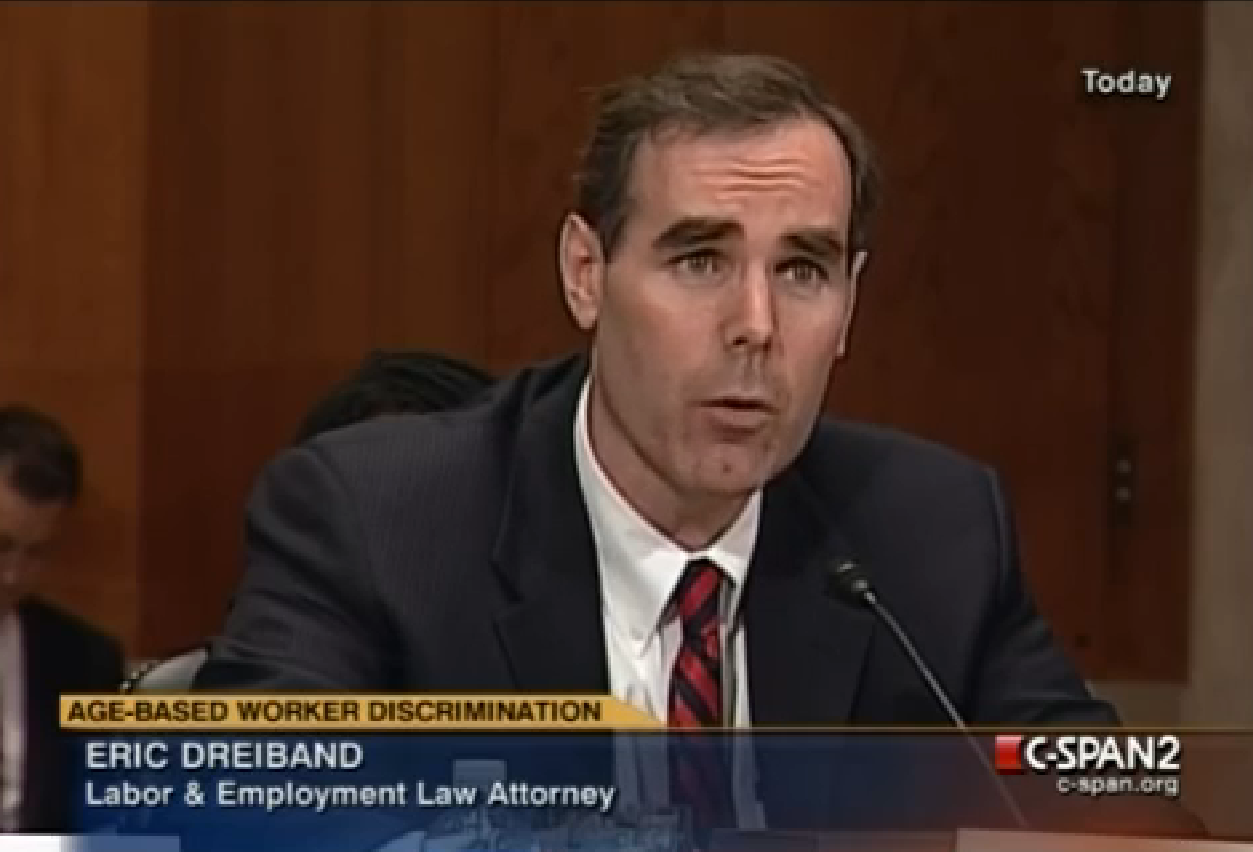Abortion rights, women of color, and LGBTQI+ people are under attack. Pledge to join us in fighting for gender justice.
In Support of Rosette Pambakian: 3 Ways Forced Arbitration Stacks the Deck Against Sexual Harassment Survivors

UPDATE: On September 24, 2021, the Ninth Circuit sided with the defendants and held that Pambakian’s claims could be forced into arbitration.
* * *
The NWLC, along with the American Association for Justice, law firm Lieff Cabraser Heimann and Bernstein, LLP, and 46 other groups filed an amicus brief on July 6, 2020, in Pambakian v. Blatt in support of Rosette Pambakian, a Senior Executive at Tinder, who was sexually harassed and assaulted by Tinder and Match CEO Gregory Blatt in 2016. After Pambakian refused to sign a non-disclosure agreement, Match foisted a new, company-wide arbitration agreement on her via email, which Pambakian unknowingly signed as part of a broader acceptance of Match’s “corporate policies.” The trial court dismissed Pambakian’s lawsuit, holding that the agreement required her to arbitrate her claims, and Pambakian is appealing in the 9th Circuit Court of Appeals.
We are proud to support Pambakian in her fight for justice, especially because this case goes well beyond her, Blatt, and Match. The EEOC estimates that 85% of women will experience sex-based workplace harassment during their lifetime. Women of color and Black women are disproportionately affected by sexual harassment, with women of color filing 56% of claims, despite only making up 37% of women in the workforce.
Employees forced to arbitrate win cases less often and recover less when they do because arbitration forums (outside of the union or collective bargaining context) are designed by employers, for employers. Employers pick the arbitration forum, choose the rules, and write the agreements. It is no surprise, therefore, that employers prevail in more than 97% of arbitration disputes. Employees that do win recover 6.1 times more in damages in federal court and 13.9 times more in state court than they do in arbitration.
Forced arbitration agreements keep sexual harassment cases out of court and out of the public awareness, which silences victims, obstructs legal change, and lets sexual harassers evade accountability and behave with impunity. Unfortunately, forced arbitration agreements are too common. As of 2018, more than half of non-union private-sector employees were subject to mandatory arbitration provisions. By 2024, this number is estimated to reach more than 80% of employees. The negative effects of arbitration agreements impact everyone, but disproportionately affect women, Black people, and low-wage workers. Here’s how:
- Forced arbitration denies survivors the chance to share their story. Arbitration agreements often contain provisions requiring the proceedings and, sometimes, the fact that the claim was arbitrated in the first place, to remain confidential.
- Forced arbitration prevents harassers from being publicly called out, enabling them to continue their behavior. This kind of secrecy has enabled serial rapists like Harvey Weinstein to victimize numerous women for decades on end with no accountability.
- Forced arbitration keeps people from learning the true extent and gravity of workplace harassment and addressing it. It keeps courts from developing important legal precedents on what constitutes harassment, legislators from understanding if existing laws are working, and the public from understanding the struggles millions of workers face every day. This is especially problematic when the EEOC already estimates that sexual harassment is underreported, with about 70% attempting to ignore, forget, or endure the behavior without ever reporting.
All 50 states and the federal government are beginning to recognize that forced arbitration agreements do a disservice. Attorneys general of all 50 states supported 2017 legislation to abolish forced arbitration of sexual harassment claims, and federal lawmakers are considering the BE HEARD in the Workplace Act, which would ban forced arbitration of work-related disputes.
As one survivor has put it, “Forced arbitration is a sexual harasser’s best friend: It keeps proceedings secret, findings sealed, and victims silent.” That’s why we are proud to support Rosette Pambakian and the 65.5 million workers subjected to mandatory arbitration provisions to make known that sex harassment survivors deserve their day in court and to seek justice.






